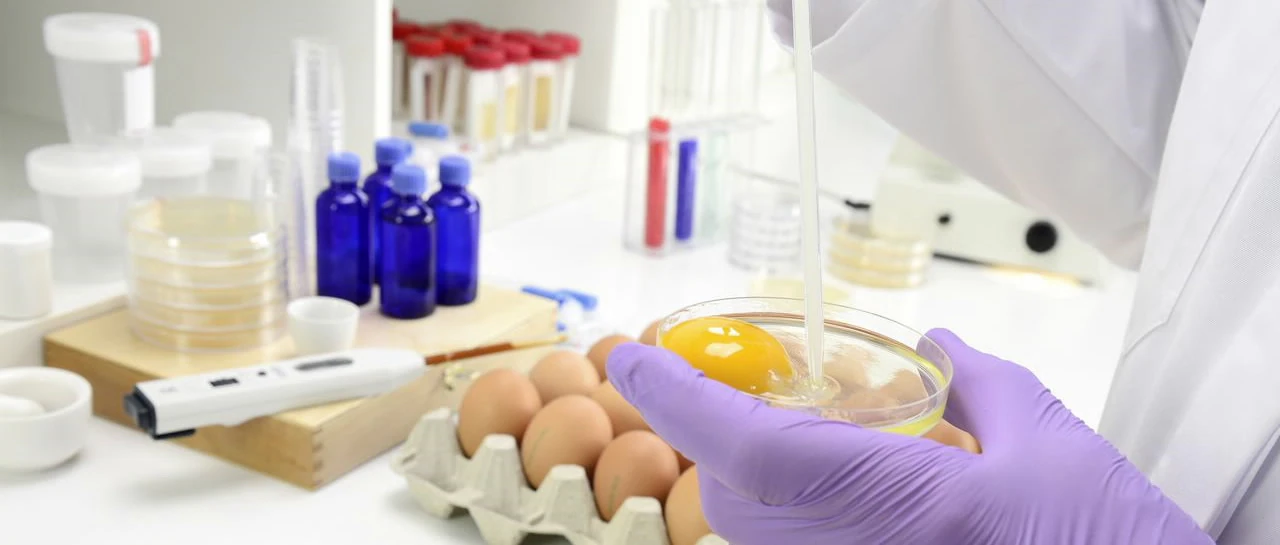ISO 38364 Antioxidant Additives Analysis in Edible Oils
The analysis of antioxidant additives in edible oils is a critical process aimed at ensuring food safety and maintaining the quality and shelf life of these products. ISO 38364 specifies methods for determining the total content of antioxidants, particularly those added to extend the shelf life or improve the oxidative stability of edible oils.
The importance of this testing cannot be overstated. Antioxidants play a vital role in preventing fats and oils from going rancid by inhibiting oxidation reactions that lead to lipid peroxidation. However, excessive levels can pose health risks, while insufficient levels may compromise product quality. Therefore, accurate measurement is essential for compliance with food safety regulations and to protect consumer health.
The testing process involves several steps, starting with the collection of a representative sample from the edible oil batch or production line. Proper sampling ensures that the analysis reflects the overall composition of the product. Once collected, the samples undergo rigorous preparation methods tailored to the specific requirements outlined in ISO 38364.
Following proper sample handling and preparation, the actual testing begins using advanced analytical techniques such as high-performance liquid chromatography (HPLC) or gas chromatography-mass spectrometry (GC-MS). These instruments provide precise quantification of antioxidant additives like butylated hydroxytoluene (BHT), butylated hydroxyanisole (BHA), and tert-butylhydroquinone (TBHQ).
The results are then carefully analyzed to ensure they meet the stringent criteria set by ISO 38364. Compliance with these standards not only guarantees product safety but also enhances consumer confidence in the integrity of the food supply chain.
This service is particularly valuable for quality managers, compliance officers, R&D engineers, and procurement teams who must ensure that their products adhere to international standards. By leveraging ISO 38364-compliant testing, organizations can maintain a competitive edge by delivering high-quality, safe products that meet regulatory requirements.
- Ensures compliance with ISO 38364 standards
- Accurate quantification of antioxidant additives
- Promotes product safety and quality assurance
- Enhances consumer trust in the food supply chain





